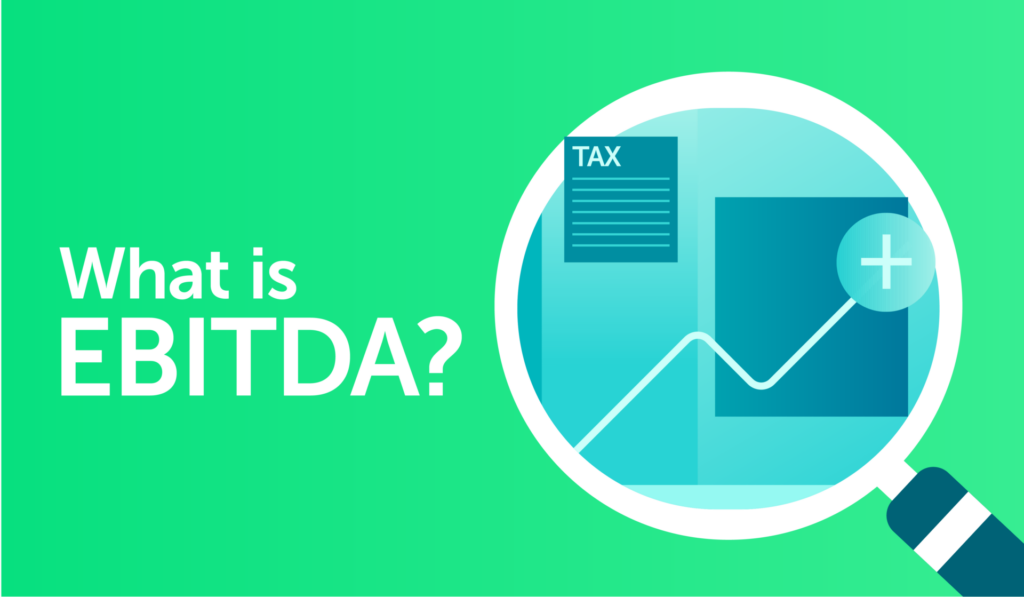
An introduction to EBITDA for small businesses
What is EBITDA? The acronym EBITDA stands for “Earnings Before Interest, Tax, Depreciation and Amortisation,” and is a universal way of measuring a company’s operating profitability, performance and value. In brief, the concept of EBITDA looks at a company’s accounting profit and strips away non-cash factors, interest and taxes. It is seen as a measurement of a company’s overall ability to generate cash.
Let’s look at each component of EBITDA:
Earnings: EBITDA starts with a company’s net income or earnings, which represents its total revenue minus expenses. This is the company’s net profit.
Interest: The interest expense incurred by a company due to its outstanding debt is excluded from EBITDA. This allows for a focus on the operational profitability rather than the financing aspect.
Taxes: EBITDA eliminates the impact of taxes as they can vary based on a company’s jurisdiction and tax planning strategies.
Depreciation: EBITDA adds back the depreciation expense, which represents the gradual reduction in the value of tangible assets over time. By excluding this non-cash expense, EBITDA focuses solely on operational performance.
Amortisation: Similar to depreciation, amortisation represents the gradual reduction in the value of intangible assets.
How is EBITDA Calculated?
EBITDA = Net Profit (Earnings) + Interest + Taxes + Depreciation & Amortisation
Why is EBITDA important?
Operational Performance: By excluding non-operational expenses, EBITDA provides insights into a company’s true operational efficiency and profitability.
Comparability: EBITDA allows for easy comparisons between companies within the same industry, facilitating benchmarking and competitive analysis.
Cash Flow: EBITDA is often considered a proxy for a company’s cash flow generation capacity, as it excludes non-cash expenses and financing activities. It helps assess a company’s ability to generate cash internally.
Investment Decisions: EBITDA aids in making informed decisions related to investments, acquisitions, and business expansions by focusing on the underlying profitability of a company’s operations. EBITDA is also often the key performance indicator used to value a business when looking for investment or a business sale.
EBITDA is a valuable financial metric that enables business owners to assess a company’s operational performance and profitability. By excluding non-operational expenses, EBITDA provides a clearer understanding of core earnings potential. Understanding and leveraging EBITDA empowers companies to make informed decisions, benchmark performance, and plan for future growth. So, take the time to analyse and utilise EBITDA to unlock the financial potential of your business.
(E) enquiries@advaloremgroup.uk (T) 01908 219100 (W) advaloremgroup.uk






